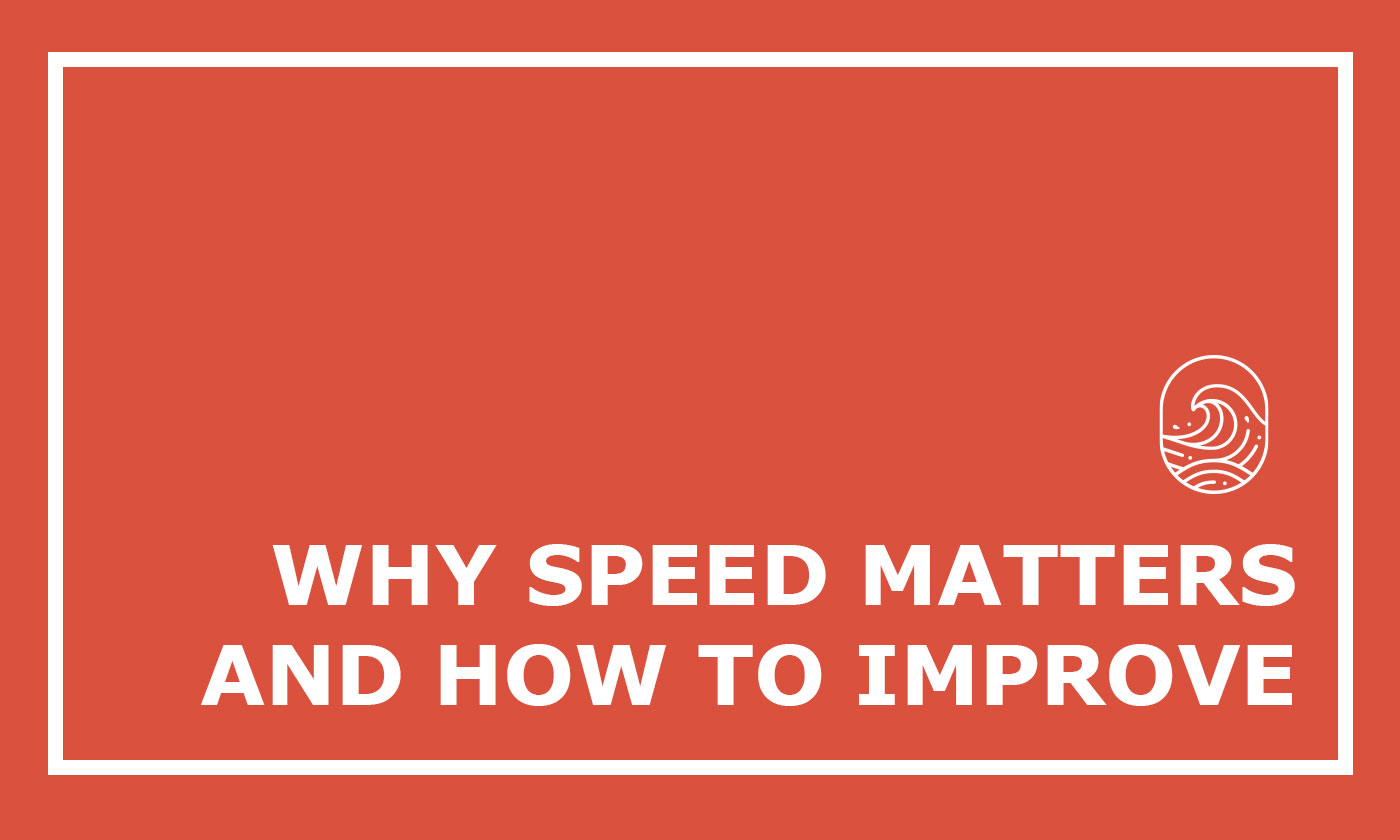
In today's fast-paced digital world, a website's speed plays a crucial role in its success. A slow-loading website not only frustrates users but also impacts search engine rankings, conversions, and revenue. As a business owner, you cannot afford to ignore the importance of website speed. In this article, we will explore why website speed matters, its impact on SEO rankings and conversions, factors affecting site speed, how to measure website speed, and how Make Waves Web Designs can help you speed up your website.
Click Here to find out how to check your website's speed.
Importance of Website Speed
Website speed refers to how fast your website loads and how quickly users can interact with it. According to Google, a website's speed is one of the key factors in determining its search engine rankings. This means that a slow website can negatively impact your SEO rankings, making it harder for users to find your site through search engines. Moreover, a slow website leads to a poor user experience, resulting in frustrated users who are more likely to leave your site.
Bounce Rate and Its Connection to Site Speed
Bounce rate refers to the percentage of users who leave your site after visiting only one page. A high bounce rate is a sign that users are not finding what they're looking for on your website. Website speed plays a significant role in bounce rate. If your website takes too long to load, users are more likely to leave before even seeing your content. This can negatively impact your website's success and revenue.
Speed and Conversions
Website speed also affects conversions, which are actions that you want your users to take on your website, such as making a purchase or filling out a contact form. A slow website can lead to decreased user engagement, resulting in fewer conversions and revenue. According to research by Google, a website that takes more than three seconds to load has a higher bounce rate and lower conversion rate than a website that loads within one second.
Factors Affecting Site Speed
Several factors affect website speed, including hosting, image sizes, plugins, and coding. A poor hosting provider or large image sizes can significantly slow down your website. Plugins and coding can also impact site speed, especially if they are outdated or not optimized.
Measuring Website Speed
To measure your website's speed, you can use tools such as Google PageSpeed Insights or URL speed test. These tools analyze your website and provide recommendations on how to optimize your website speed. Regular website speed testing is crucial for ongoing optimization and a better user experience.
How Make Waves Web Designs Speeds Up Websites
At Make Waves Web Designs, we specialize in custom-coded website development that prioritizes website speed and optimization. Unlike page builders like WordPress and Squarespace, our custom-coded websites perform faster and rank better. We take a holistic approach to website development, ensuring that all factors affecting site speed are optimized. Our services include website audits, website optimization, website speed testing, and ongoing website maintenance.
TLDR;
Because you know speed matters
Website speed plays a crucial role in the success of your website. A slow website negatively impacts search engine rankings, user experience, bounce rate, and conversions. By addressing factors affecting site speed and regularly testing website speed, you can optimize your website for a better user experience and increased revenue. At Make Waves Web Designs, we specialize in custom-coded website development that prioritizes website speed and optimization. Contact us today to learn how we can help you speed up your website and improve your online presence.
